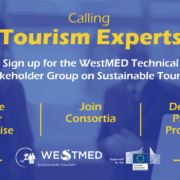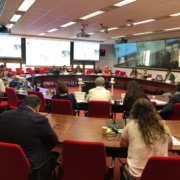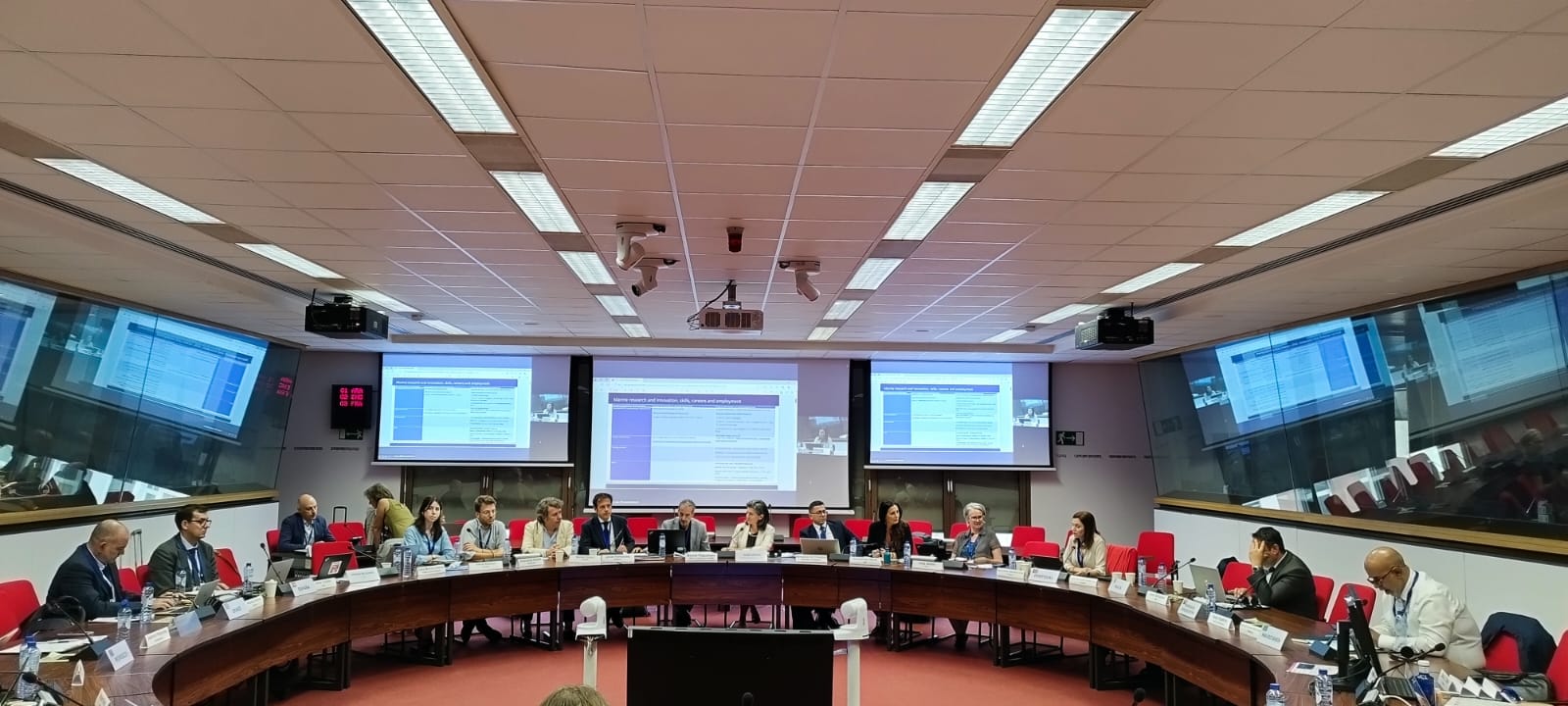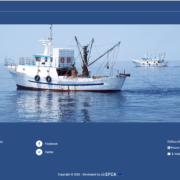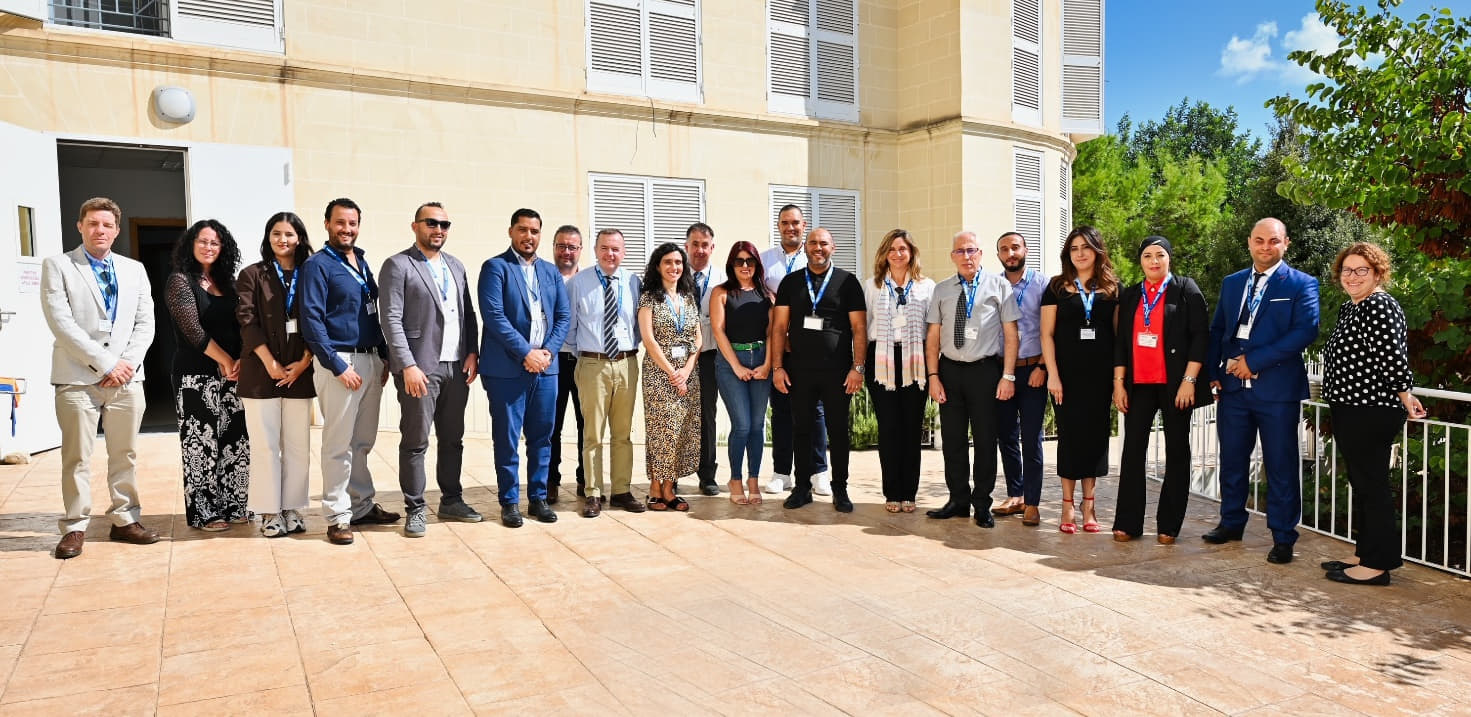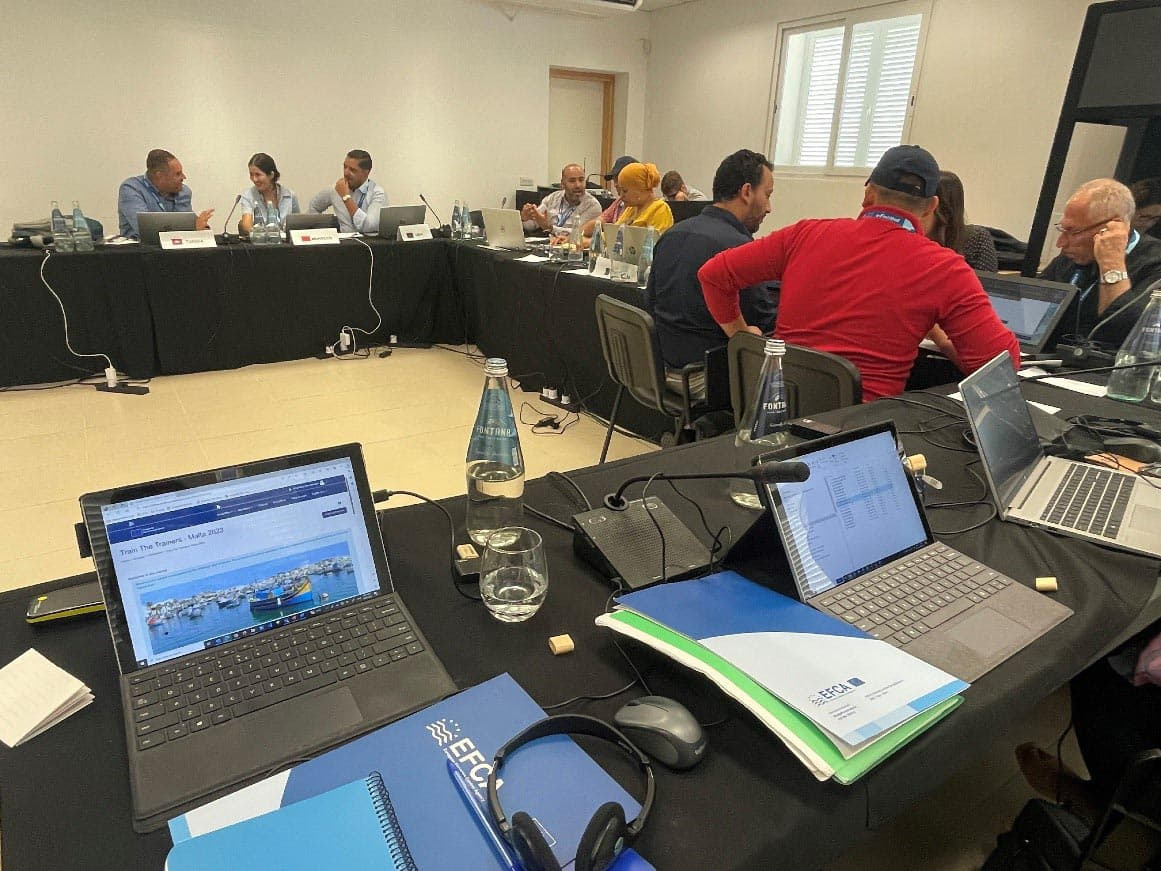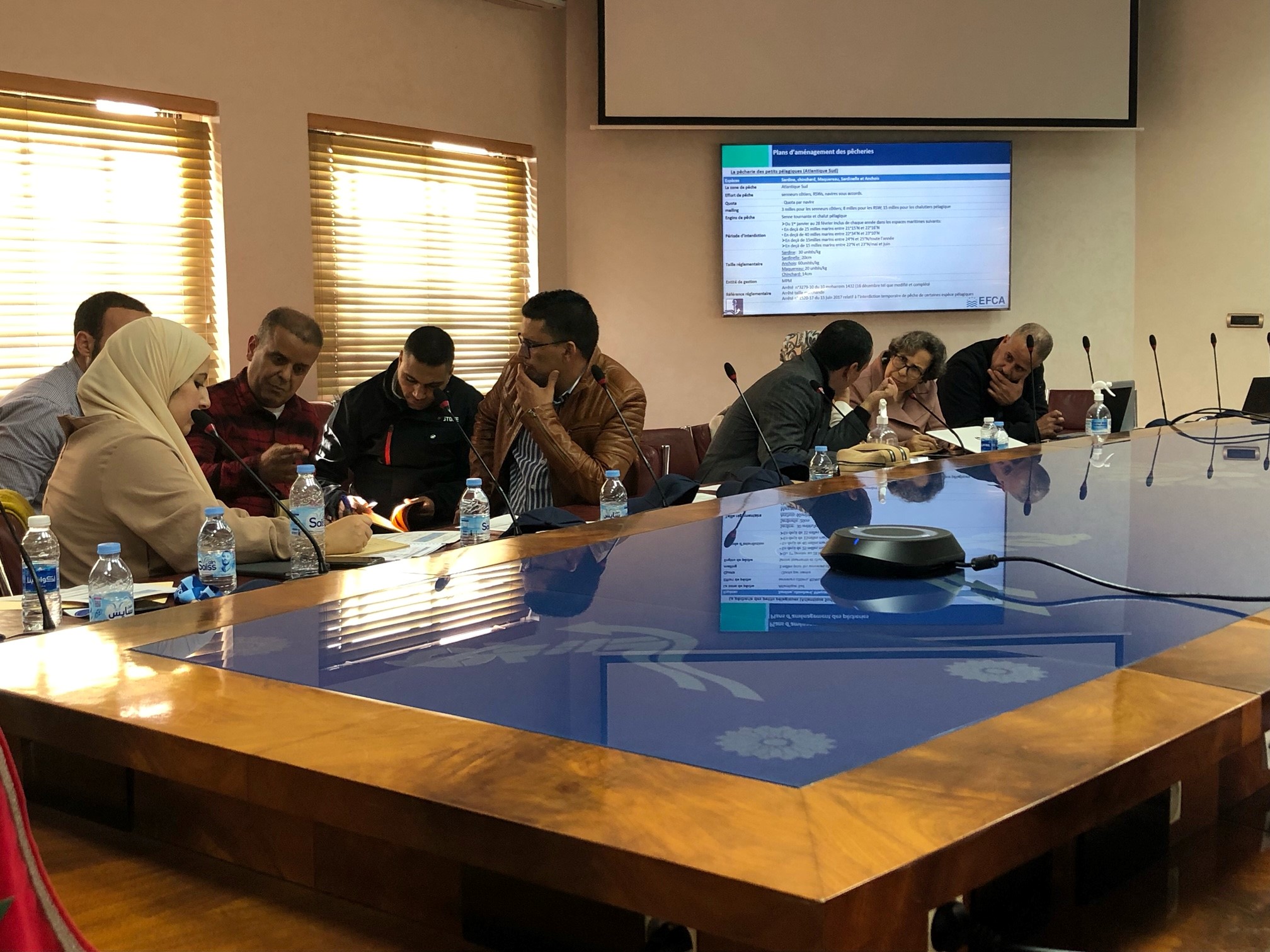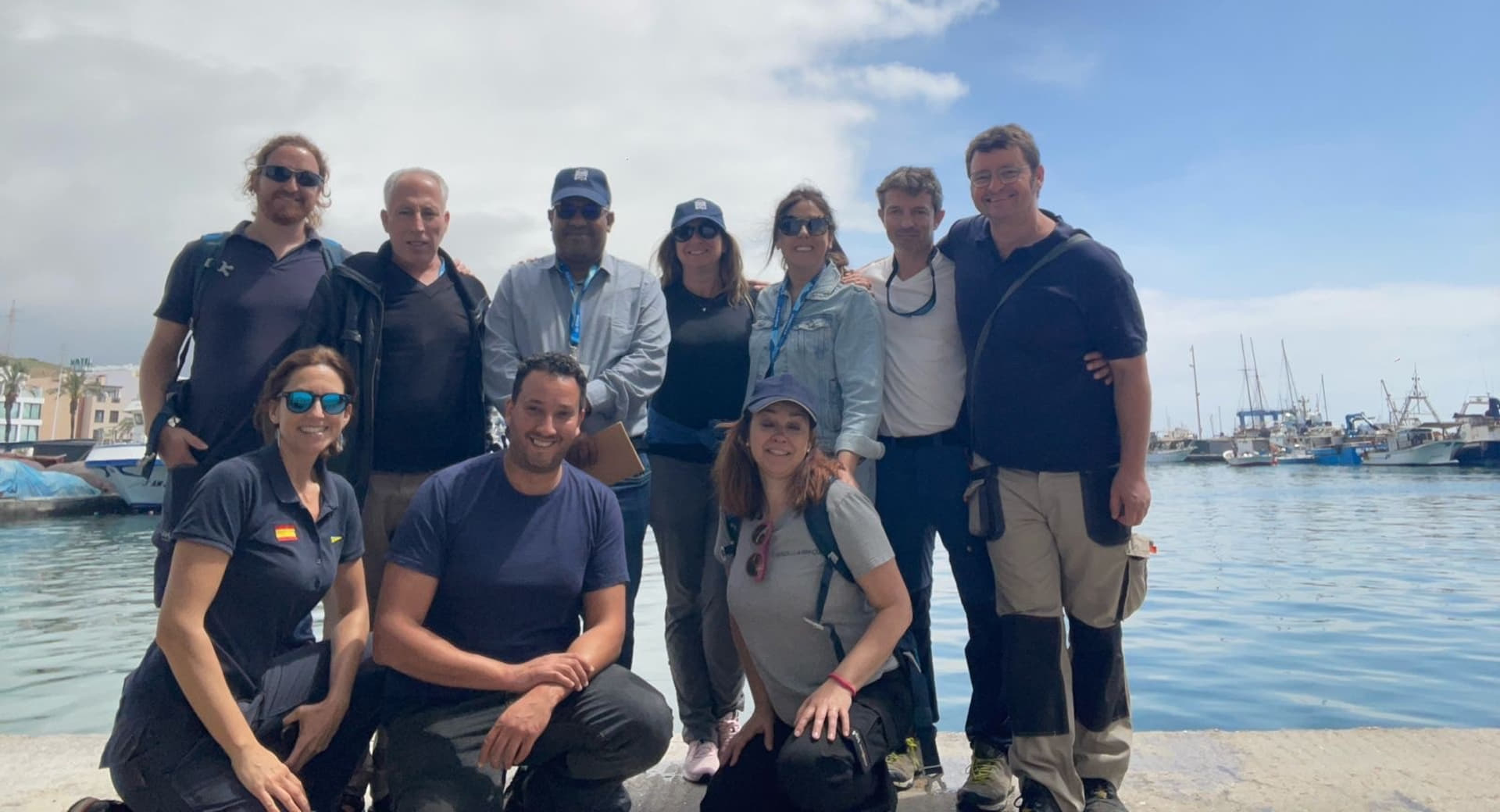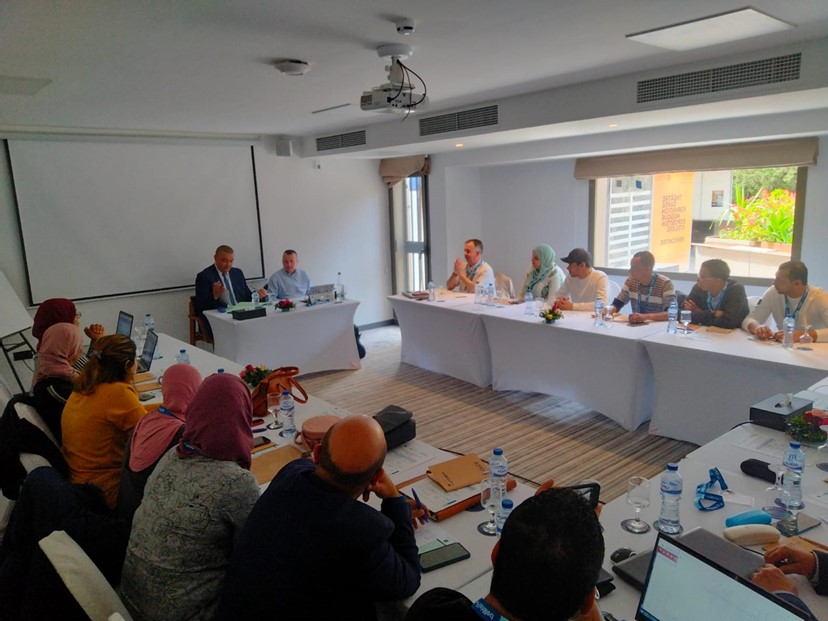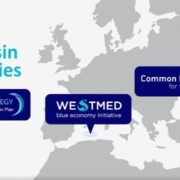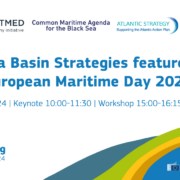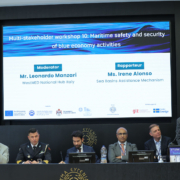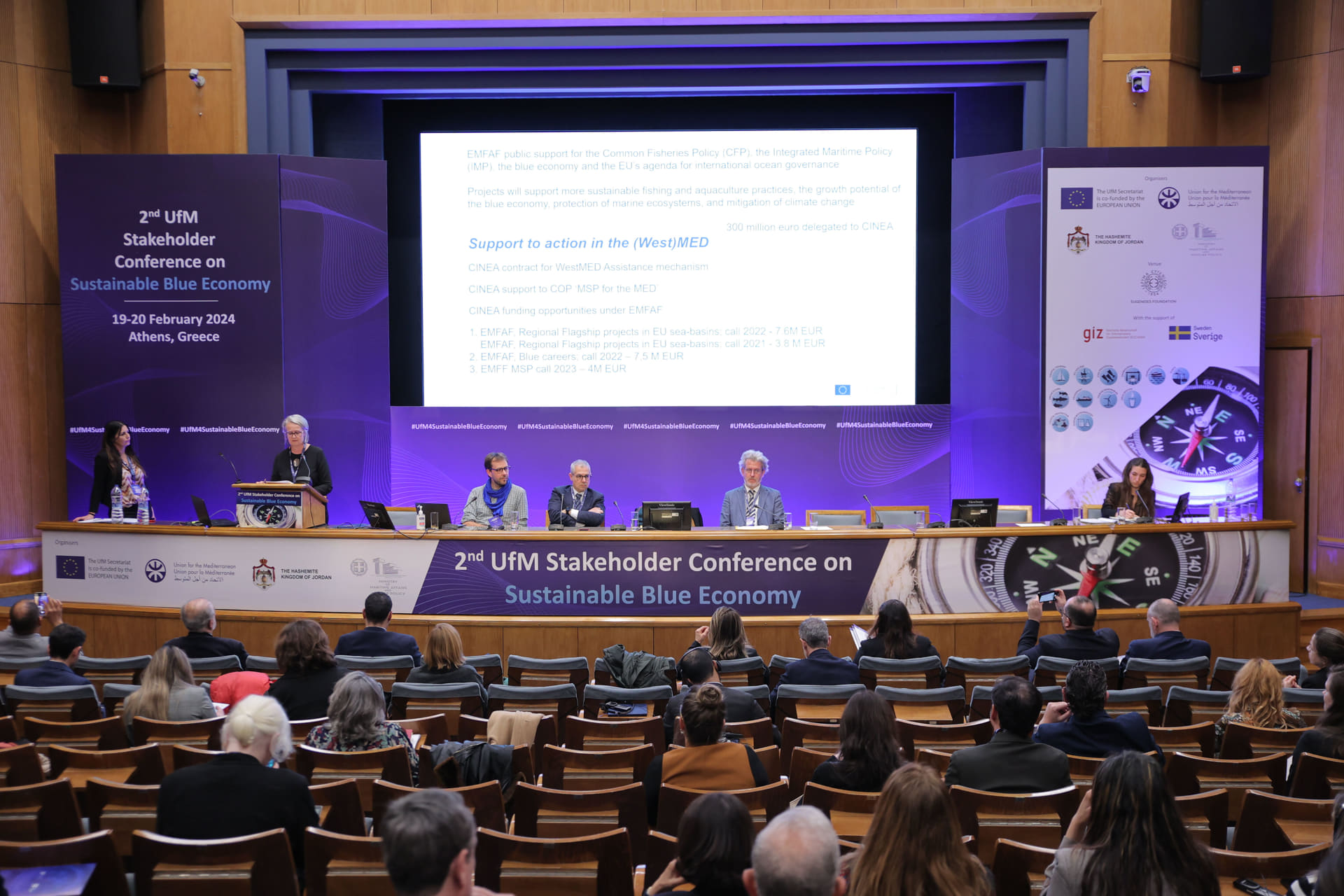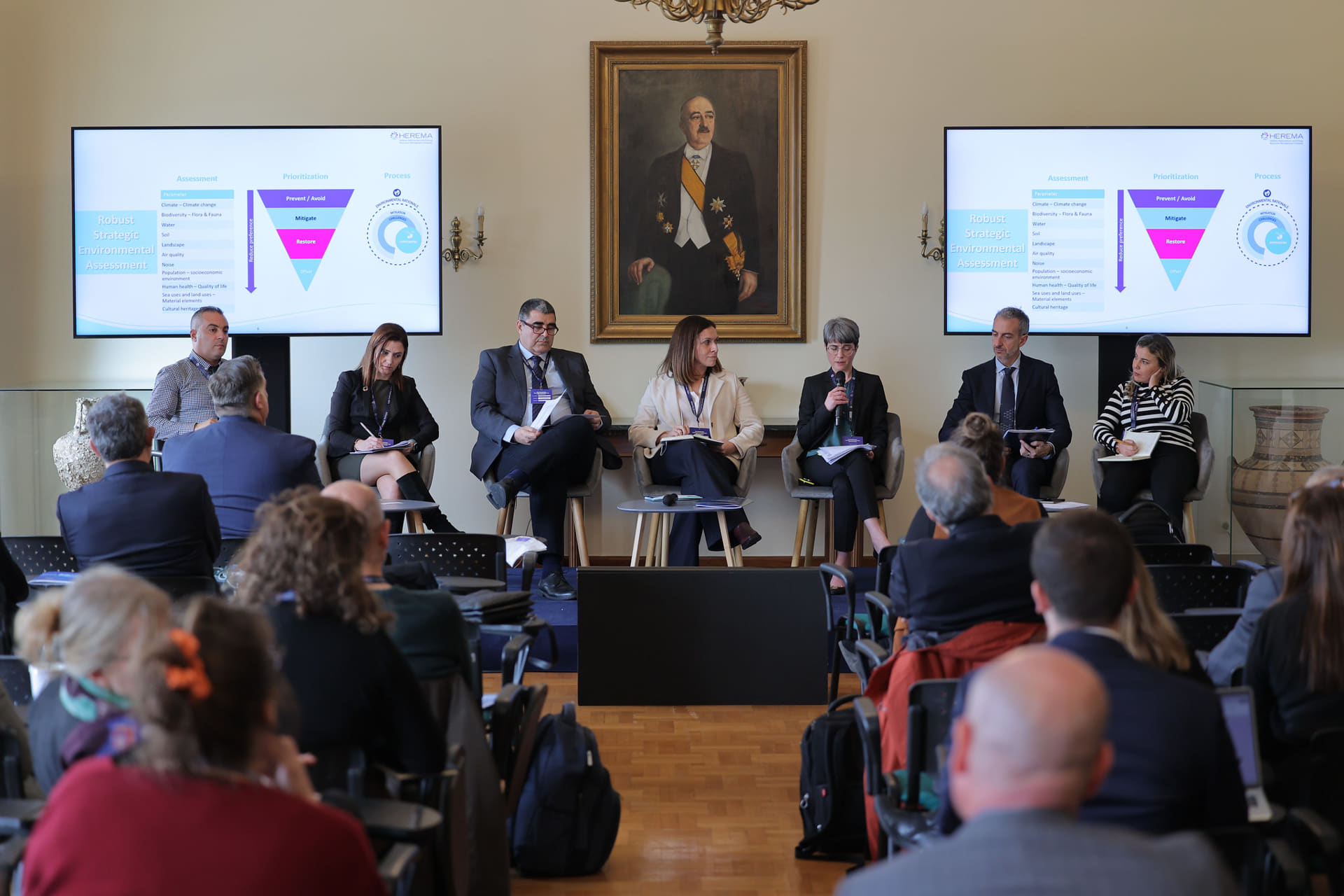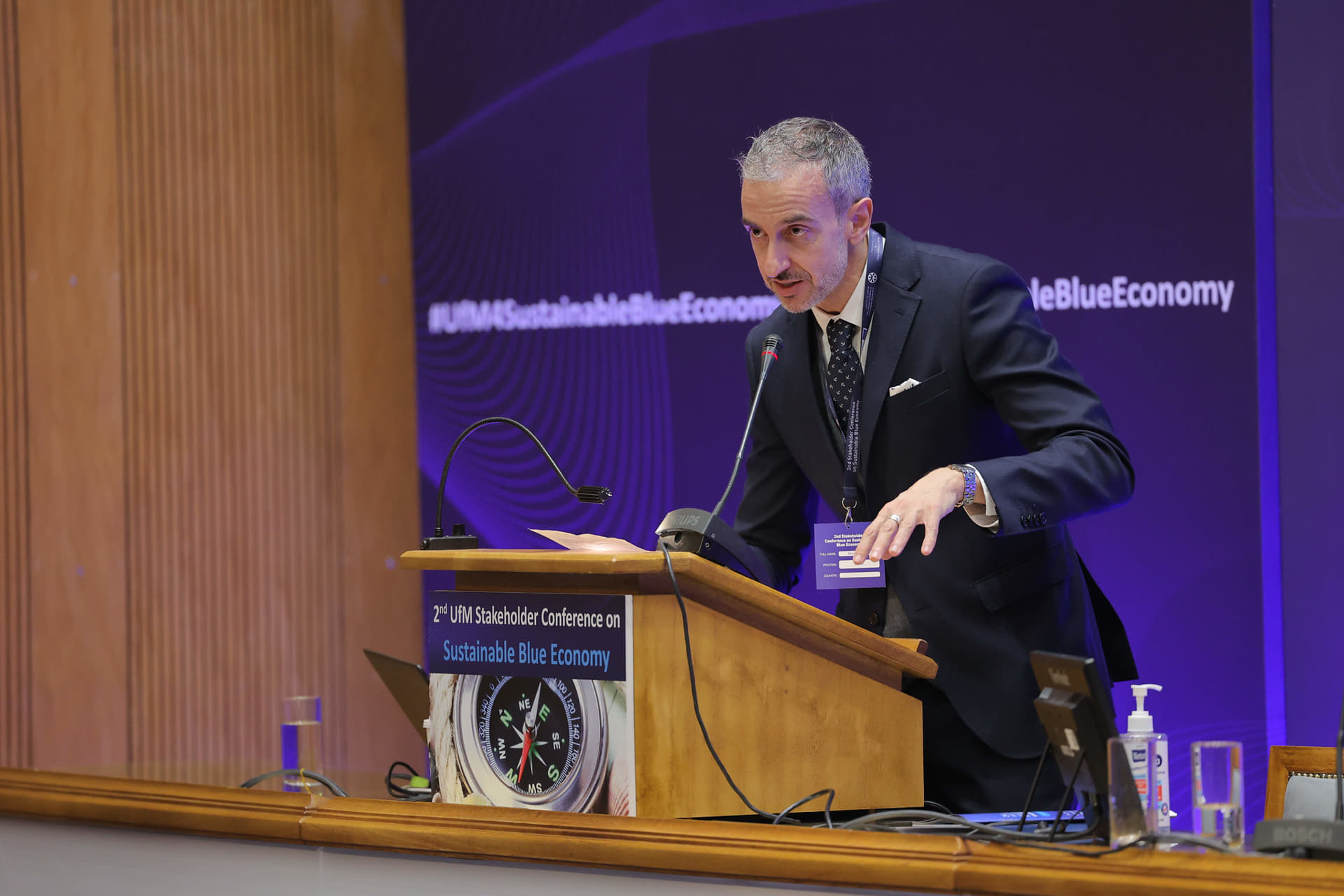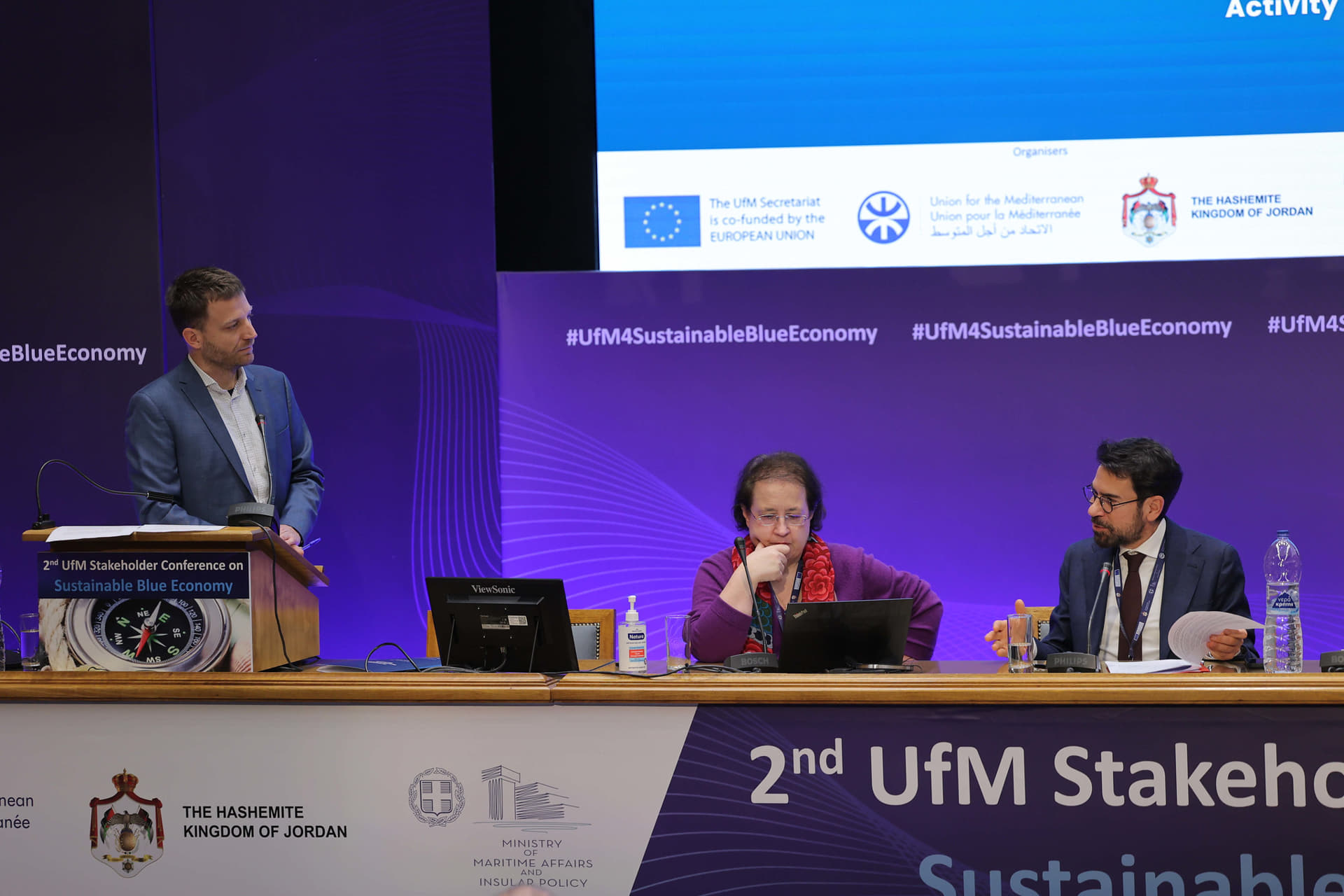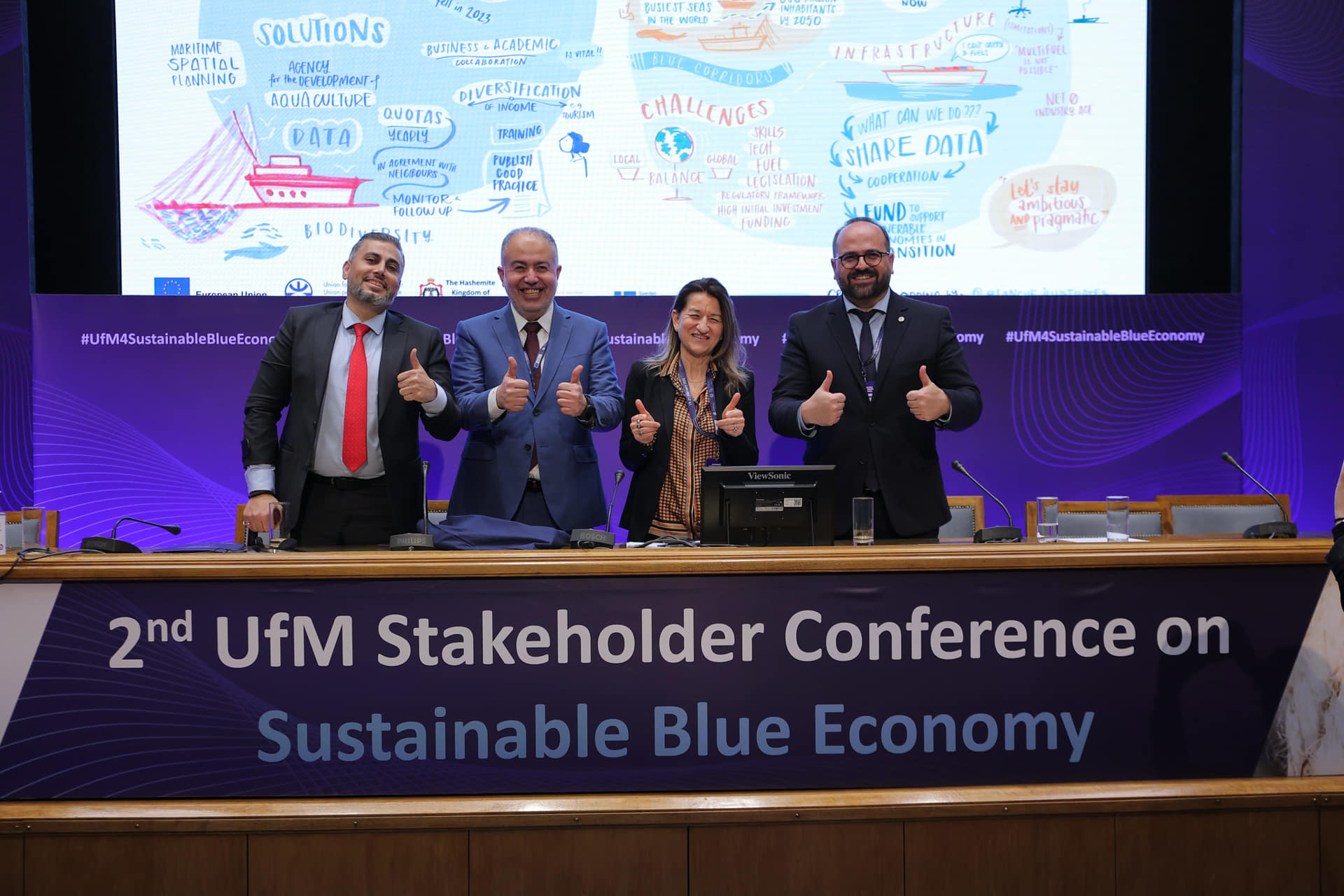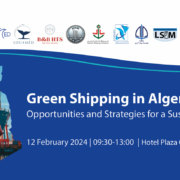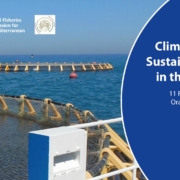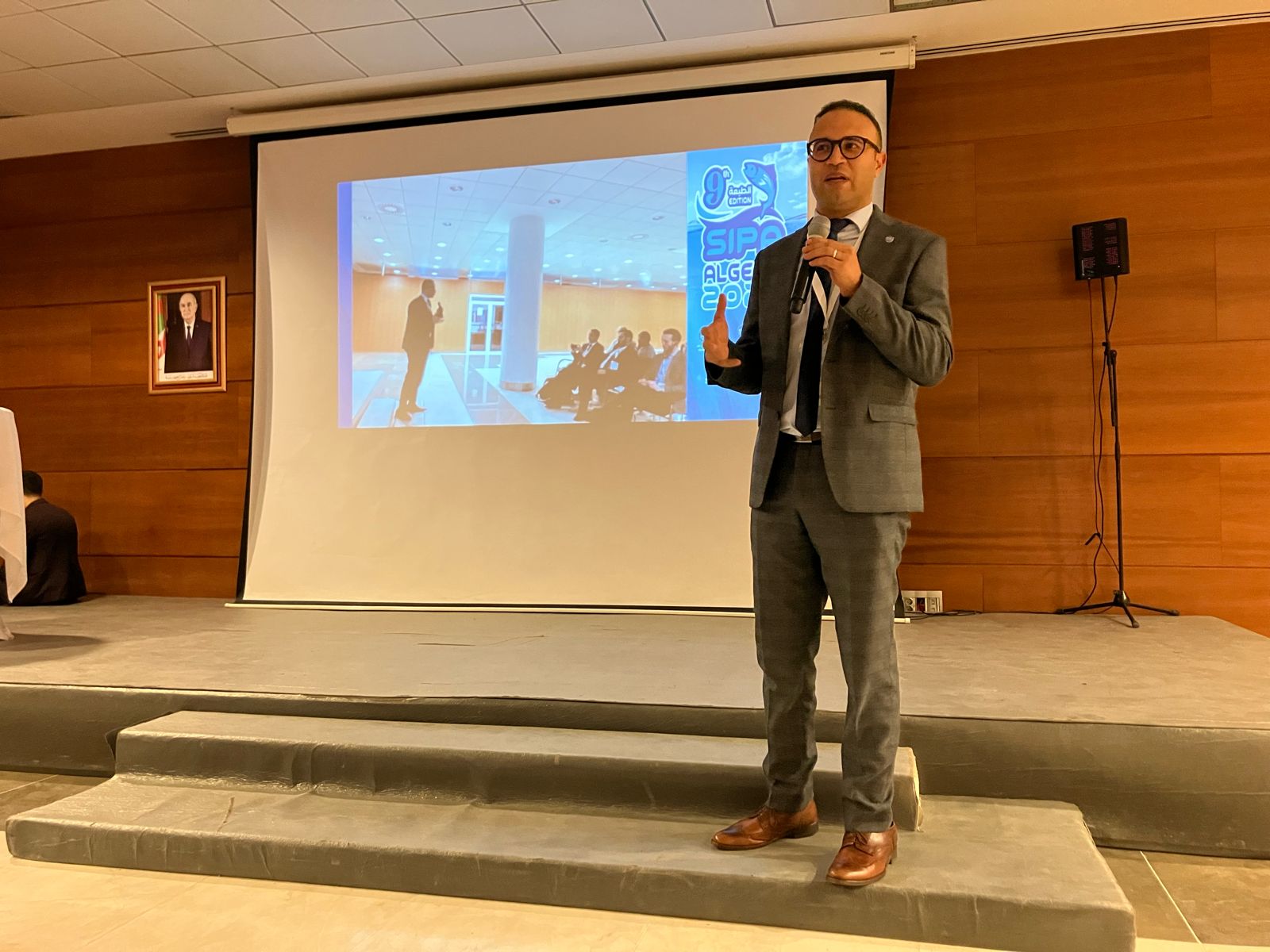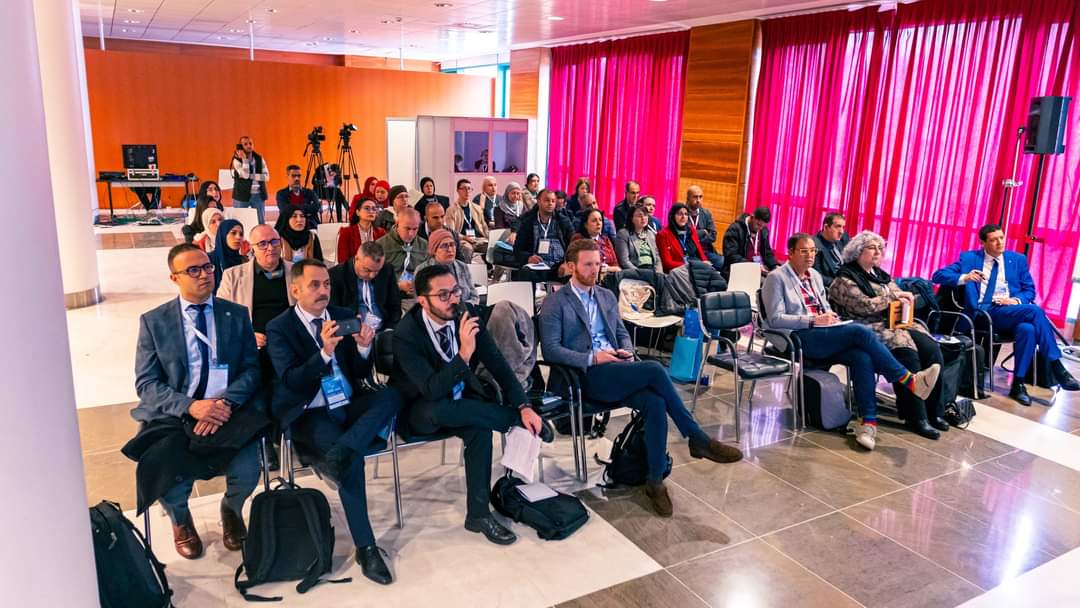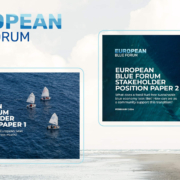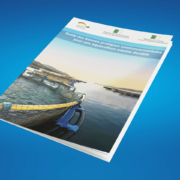CALL for Experts: WestMED Technical Group on Sustainable Tourism | Deadline 15 September 2024 (EOB)
Deadline to register for this 1st Call for experts: 15 September 2024 (EOB). Only applications submitted within the deadline will be accepted.
This call is currently closed – but will open again in the future. Please check our X/ Twitter account . Alternatively you can contact Marta Pascual (National Hub Spain) or Stepanie Vella (National Hub Malta) for the latest developments.
About the Technical Group on Sustainable Tourism
Given the fact that tourism plays such a significant role in the Western Mediterranean as one of the key contributors to both the upside gains as well as the downside risks of the blue economy, there is an urgent need for enhancing eco-tourism in the region. To address the challenges of the sector in the Mediterranean, we should enhance EU and external territorial cooperation (including non-EU WestMED countries as partners such as Algeria, Libya, Mauritania, Morocco and Tunisia) and promote active knowledge sharing amongst stakeholders from both the northern and southern shore, to multiply results.
Addressing these needs will lead to the rapid development and transformation of the tourism industry particularly to a more modern sector by adopting digital platforms, digital marketing and information technologies such as the internet of things, augmented reality and virtual reality.
The overall objective of the Sustainable Tourism TG within the WestMED Initiative is to serve as a technical forum to discuss trends and opportunities towards sustainable tourism within the region and to provide support to participants to develop project ideas around the topics already set at EU level with regards to the tourism-related topics of green transition, digitalization, promotion of social inclusion, governance, and skills.
With this information, we would like to officially launch the Technical Gtoup (TG) on Sustainable Tourism and this call for experts to partake and engaged in an active role!
We are looking for technical stakeholders of tourism initiatives including: partners of the Interreg Euro MED Sustainable Tourism Mission; partners from previous EU tourism projects; Mediterranean Tourism Stakeholders from the public and private sector; Non-EU Associated Partners; Travel Foundation; Associations; Networks; Tourism businesses; research and innovation centers; technological centers; universities; ports and their representatives; townhalls; yachting/small cruising; nautical sector, etc.
WHAT’S IN IT FOR YOU
Role: This expert group will suggest project proposals and be the main contact point for establishing consortia and projects for future EU funding opportunities around sustainable tourism. The expert group will also serve as the main forum to discuss specific topics of interest to the group.
Requested involvement: This group will also gather periodically to be informed about opportunities, recent developments and discuss on specific topics of their choice. We envision to have 3-4 online meetings with the expert group per year.
For questions: contact Marta Pascual from the WestMED National Hub Spain or Stephanie Vella from the WestMED Nation Hub Malta
Check the Online webinar on 16 October 2024
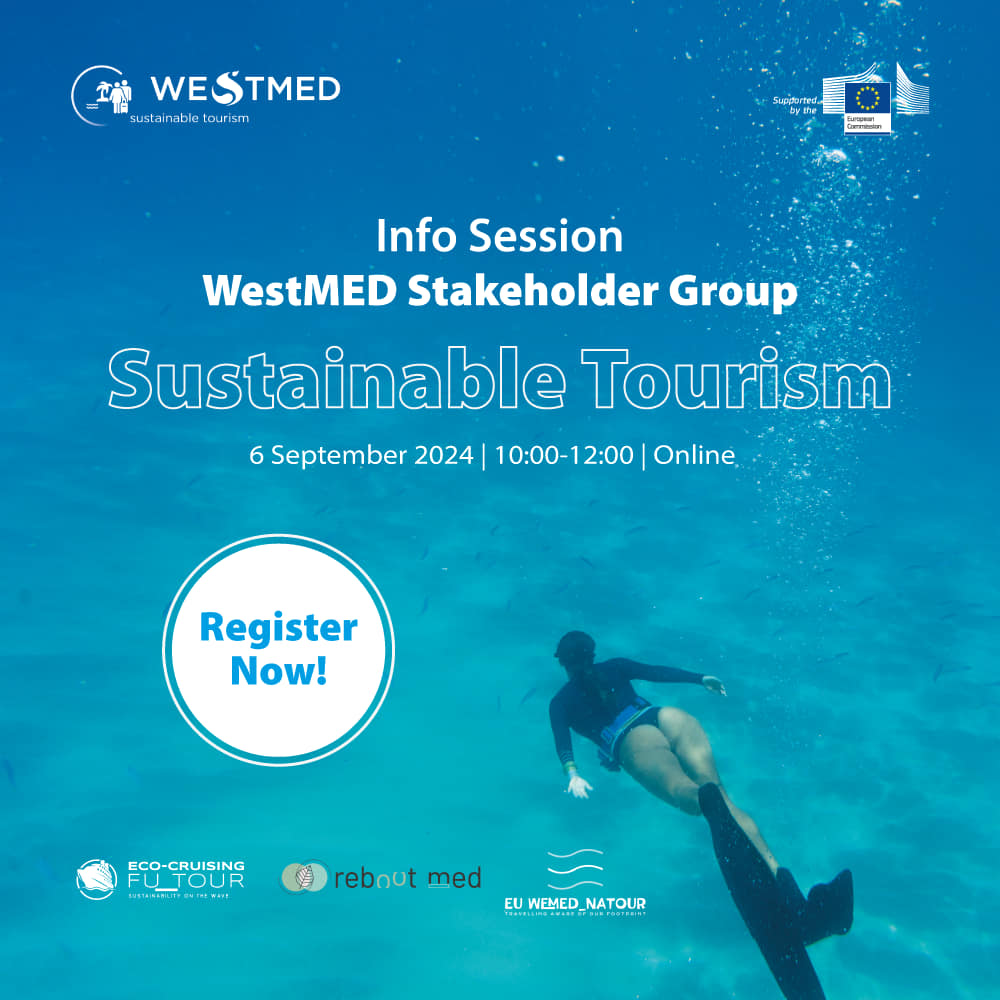
Check the dedicated Sustainable Tourism Technical Group page

